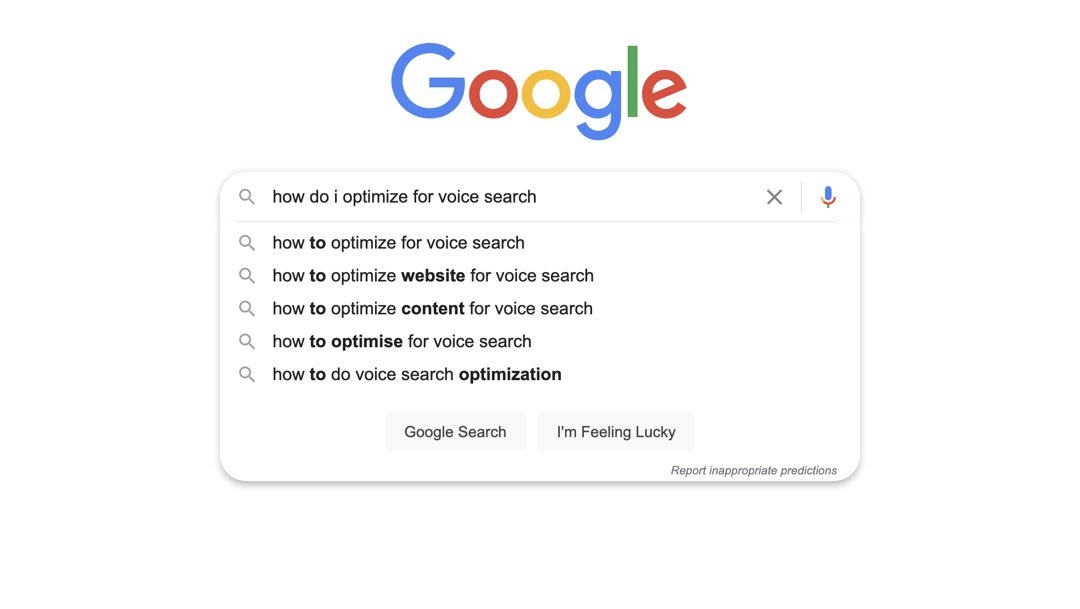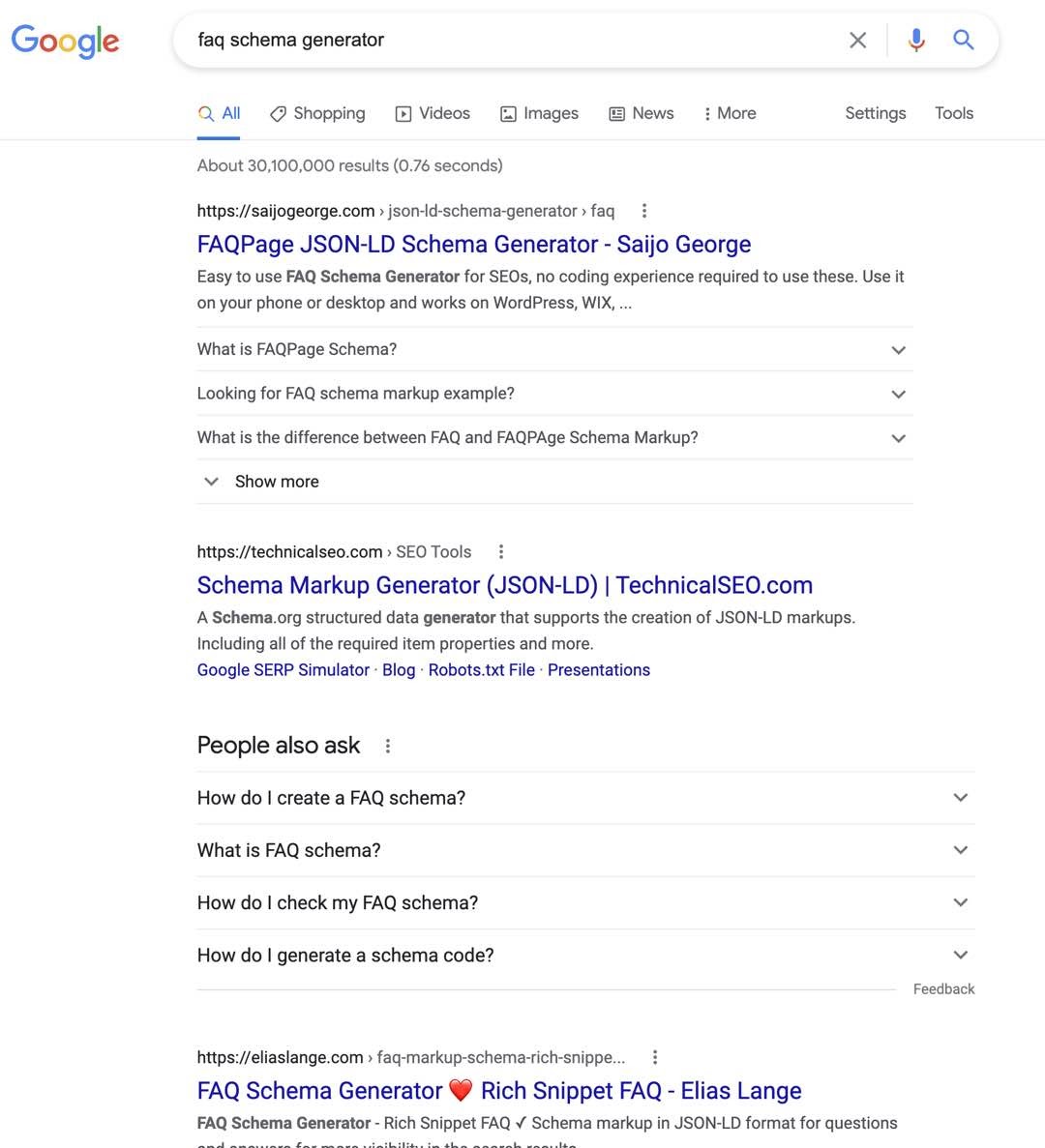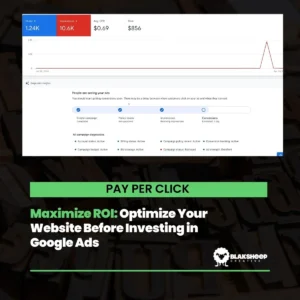The year is 2021, and voice search is here to stay. You may miss out on traffic and sales if you’re not optimizing your website for voice searches.
Google has reported that over 27% of the global online population uses voice search on mobile.
Voice search is used on mobile phones, laptops, desktops, smart speakers, and devices like Amazon Echo and Google Home. No matter your feelings toward voice search, it’s essential to ensure that your business is in the best possible position to leverage it to help find customers online.
This article explains the steps you can take to ensure your website shows up in voice searches and receives the traffic it deserves.
Here we go, voice search SEO
Can you optimize your website for voice search?
Unfortunately, optimizing for voice search isn’t black or white. But just like other search results, there are things that you can do to increase your chances of being seen in voice searches. But just because you do these things doesn’t guarantee you’ll hear your content coming out of Siri’s mouth.
The good news: The following action points in this article are the same basic local SEO techniques you need to utilize, so there’s no harm in learning them.
Now for the techniques.
How to Increase your chances of being found in Voice Searches
Several ways increase your chances of surfacing for voice search queries. What follows are some of the easiest ways to increase your chances of appearing in a voice search.
Voice Search and Local SEO: Capturing the 97%
Did you know that 97% of consumers search online for local businesses? This includes searches for waste management companies, recycling centers, or even “eco-friendly disposal near me.” As voice search adoption grows, this trend becomes even more significant.
Voice search takes local intent to the next level, with users relying on conversational queries like:
- “What’s the nearest waste management company?”
- “How do I recycle old electronics nearby?”
To capture this 97% and secure your spot in voice search results, your business must ensure:
- Accurate Business Listings:
- Keep your Google My Business (GMB) profile up-to-date with your name, address, and phone number (NAP). Inconsistencies can cost you potential customers searching for your services.
- Content Aligned with Voice Queries:
- Optimize your site for question-based queries, and ensure your content answers these directly and concisely.
- Enhanced Local Visibility:
- Implement Schema markup and enrich your business information across directories to help search engines understand your relevance and location.
By aligning your SEO strategy with the reality that most consumers start their journey online and increasingly through voice, you can ensure your business stands out. With voice search bridging the gap between convenience and immediate local results, now is the time to get ahead of your competitors.
Keep your business listing up-to-date and optimized.
As part of any local SEO strategy, you should update your local business listings, especially your Google My Business Listing (GMB). If you’re hoping to rank in voice search results, it’s now more important than ever to:
- Keep your listings active
- Keep your listings info up-to-date
- Promptly respond to reviews
- Create posts with localized content.
The more complete your local listings are, the more likely Google and other search engines will rank them well.
Check your business’s local listings now with our free local SEO tool.
Write and publish relevant content.
Another easy way to appear at the top of voice search queries is to match your searcher’s intent. This is done by finding out what questions your target audience is already asking.
Knowing whether the questions are about your business, industry, or competitors allows you to write and publish relevant content that answers them.
Keep your content concise.
Searching by voice makes it easy for users to search while on the go. Because of these on-the-go searches, your website must give your visitors exactly what they want.
Whether in the car or at the gym, users don’t have the luxury of time or the ability to scroll long web pages to find what they’re looking for. Whether it’s Siri or Alexa, these voice search assistants will look for the most accurate and discoverable solution, so make sure your content is clear and concise.
Fact: Answers read aloud by voice search engines tend to hover around the 40-50 word mark, so try to keep your content short and sweet.

Research and make use of long-tail keywords
Most voice search queries are questions. Create content and optimize it for long-tail keywords so that you’ll be more positioned to answer these questions.
Research long-tail keywords commonly found in questions your target audience may ask.
Pro tip: You can gain valuable insight by using Google’s autocomplete or “people also ask” functions. Third-party tools such as Ahrefs, SEMRush, or Answer the Public also exist.
Armed with these long-tail keywords, you can insert them into your site’s content. Avoid keyword stuffing, and make sure that the phrases use natural language and don’t sound like they’re written for search engines rather than people.
In other words, your content should read how people speak.
Make FAQ pages and mark them up with Schema.
If your website doesn’t already have a frequently asked questions (FAQ) page, stop what you’re doing and create one right now.
Are you done yet?
Because voice search typically involves conversational language, mimic the phrases and tone on your FAQ page.
Why?
FAQs concisely provide answers, which is precisely what voice search looks for.
Once you’ve created and optimized your FAQ page, you should implement FAQ Schema. Marking up your FAQ page can help you land rich results that rank for voice searches and dominate the search engine results pages (SERPS).

Try to land featured snippets.
Another way to rank for voice searches is to have your pages show up in featured snippets. When we say pages, we mean all pages other than your FAQ page.
Since Google’s deduplication update, the relevance of featured snippets has been highly debated. However, they are still helpful when Alexa, Siri, or Google Home read out results.
According to Google, without featured snippets, you won’t be able to rank for voice search queries.
Be discoverable across the internet.
Another tenet of voice search optimization is ensuring a robust online presence, which you should already be doing.
Create a solid online presence by having accurate citations (online references) that include your business NAP:
- Name
- Address
- Phone Number
Ensure that these three things are consistent across the web. Voice assistants use these citations to provide answers to local searches and rely on them for brand searches.
If you don’t already have a plan for building citations for your website, you should consider developing one. Or, at the very least, check where your business appears and the accuracy of those listings.
Some of the most important directories where you should create, cite, update, and optimize your business information are:
- Google My Business (GMB)
- Bing
- Yelp
- Apple Maps
If you’re just starting with Local SEO, Google My Business is the best place to begin.
Claiming your business is the only way to show up in Google’s Local Pack, Google Maps, and Local Finder.
Plus, it’s free!
By claiming your free business listing (which includes your company’s NAP, business hours, payment methods, etc.), you’ll have one more tool in your arsenal to grab your audience’s attention and be ranked higher by search engines.
To take your GMB to the next level, learn how to boost your Google My Business profile.
Want to make sure your business is easily found online, even in voice searches? A complete and accurate “Find Us Online” page is essential for local SEO success.
Use Schema markup
We realize that we said this earlier, but it bears repeating. Here’s another way to say it:
If you’re not using Schema on your website is like trying to compete in the Indy 500 with four flat. Sure, you may finish the race, but you’ll be way behind the competition.
What is Schema markup?
Schema is an HTML markup that web admins can provide that tells search engines what a webpage or page’s content is. Schema markup is significant in search engines and voice assistants providing results to searchers.
Why is Schema markup necessary?
Search engines continue to try different approaches on how they can display rich results. If you have Schema markup on your site’s pages, you are more likely to be featured in the coveted “Position Zero” on the SERPs.
Plus, Schema markup helps search engines better understand what a website is about and your company’s services.
If your site has structured data on it, it has a higher likelihood of showing up in voice queries.
Why?
When search engine bots (spiders, crawlers, etc.) index your website and find structured data on it, they have more information to use to understand its content.
Pro tip: Use Local Business Schema on your homepage to reinforce your digital footprint and increase your relevance and geographic accuracy.
Action Items
The tips mentioned above for optimizing your website and business listing for voice search should already be at the forefront of your marketing campaigns (if you’re serious about Local SEO).
Whether you agree with the importance of voice searches or think they’re just a fad, they’re already a vital part of the local search landscape, and your competitors are in a better position to serve your customers if you’re not prepared for them.
It’s safe to say that voice search is a significant part of the future at the rate it’s growing. With the number of people using voice search increasing daily, you should embrace it and prepare and you’ll reap the benefits before your competition does.
If you need help optimizing your website for voice search or would rather hire an SEO professional to do it for you, fill out the form below, call us at (225) 505-3834, or email us at seo@blaksheepcreative.com for a free consultation.
Get your free Search Engine Optimization report to see where your website ranks for critical search terms.
We’ll analyze your website against your competition and email you a report with actionable changes that you can make today.
Complete the form to get your free SEO report today!
















































